

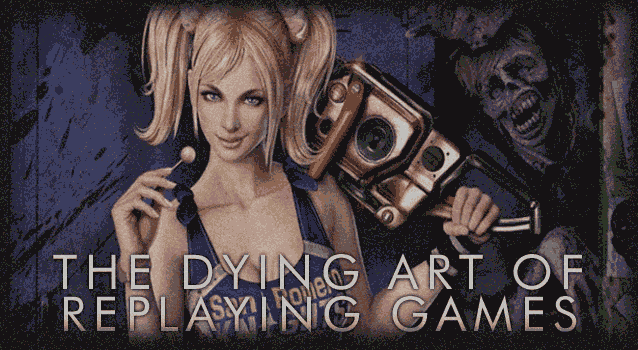
I vividly remember the rainy Saturday back in ’96 on which I discovered the original Resident Evil. I was spending the weekend at my father’s and decided to chance a trip to the local video store to rent something new to keep me occupied. I’d heard very little about this particular game at that point, but decided to take a gamble on it regardless. This single snap-decision sparked a love affair that ran for many years. The game was simply ahead of its time, and although the saga of the ill-fated S.T.A.R.S. team and that mysterious mansion is very much hammy by today’s standards, its awkward, B-Movie charm made me realise just what video-games could be as a storytelling medium going forward. It was an eye-opening moment.
Suffice to say I went on to replay this game many times over the years. Whenever I found myself at a loose end, on a public holiday, off sick, or stuck indoors on a weekend, chances are I would replay Resident Evil. Hell, I’d gotten it down to a fine art by this point; I was able to complete it in a matter of hours, usually without even bothering to save. This was the start of a recurring practice with other games. As the years went on and games became more sophisticated (especially in storytelling), more titles were added to a pile reserved for regular loose-end revisiting: Chase the Express, Silent Hill, Final Fantasy VII, Ocarina of Time, Grand Theft Auto III, Mafia, and Brothers in Arms.
There were many more, and although not all were as conducive to a single sitting as Resident Evil, I would often return to them again and again at times when current releases just weren’t doing it for me. To me, this was no different to a movie buff dusting off his favourite cult classics to relive their magic, no matter how well or badly they had aged.
‘Oh long weekend, I think I’ll play spend it playing Second Sight again. Awesome.”
I didn’t just enjoy this, often I’d live for it. Sometimes I couldn’t wait to get back older titles.I didn’t just enjoy this, often I’d live for it. Sometimes I couldn’t wait to get back older titles. Unfortunately, something has long since shifted, and these days I’ve found myself diving back into my back-catalogue less and less, and it seems to be something that’s spreading amongst the gaming population too. Where finished (not just classic) games were once cherished possessions, it feels now as if they have almost become a disposable medium.
The frequency of new releases worth playing compared to as little as few years ago must have played a part. There’s always something else around the corner that we want to play. Gamers, as a group, have become too voracious as a result; we’ve barely even consumed one game before we’re already looking to our next. It’s an endless grind, chewing up and spitting out decent games in the quickest possible time and we’re probably never going to touch most of these games again -- a side effect from the success of achievements and trophies too, perhaps? The publishers suddenly complaining about the legitimate practice of second-hand sales should tell you all you need to know about how gaming habits have changed in this respect, and how disposable we see even the very best of games.
Online gaming has also played its part, certainly, in that it’s forever changed the mass population’s perception of what exactly classifies as ‘Replay Value’. Before online gaming became mainstream, replay value simply meant that the game would be almost as good the second time around or offer a new spin on proceedings, maybe even with multiple paths, different endings or unlocked special weapons. Today, unless a game has a tacked-on multiplayer, an alarming number of people will happily write it off as a ‘rent’ without thinking twice about the enjoyment it could bring them again later down the line. This is a massive shame.
A handful of rare exceptions and AAA HD remakes aside, people just aren’t as inclined to look backwards for their gaming experiences as they were a few years ago, a sorry side effect in the wake of new and exciting technological possibilities.
In any walk of life, there’s enormous value to be found when looking to the past. There are lessons we can learn from looking thoughtfully over our shoulders when we’re older and wiser, aside from the obvious nostalgia.
You might even find that particular moments in games now resonate when they didn’t before, thanks to a better, clearer perspective. In the same way writers should strive to read more books, rereading the classics they loved in their youth, gamers should be ready to do the same to reaffirm or challenge what they think they know. I recently just had such a revelation when I had to review Snake Eater on 3DS, a game I’ve always venomously hated in previous playthroughs, only to come away with an amazing change in standpoint, almost to the point of obsession.
So, instead of always looking for the next new game, why not take a look at your collection and show some love to the games you’ve enjoyed before? Why not take the time for that second playthrough on a harder difficulty? Why not revel in storylines long forgotten, or replay older games as refreshers for the next step of a franchise? Hell, replay games that you previously disliked with an open mind. You never know; you may very well come away with a new perspective.
I’m certainly going to. Future experience can be all the richer for the occasional glance back, no matter how far we’ve come.
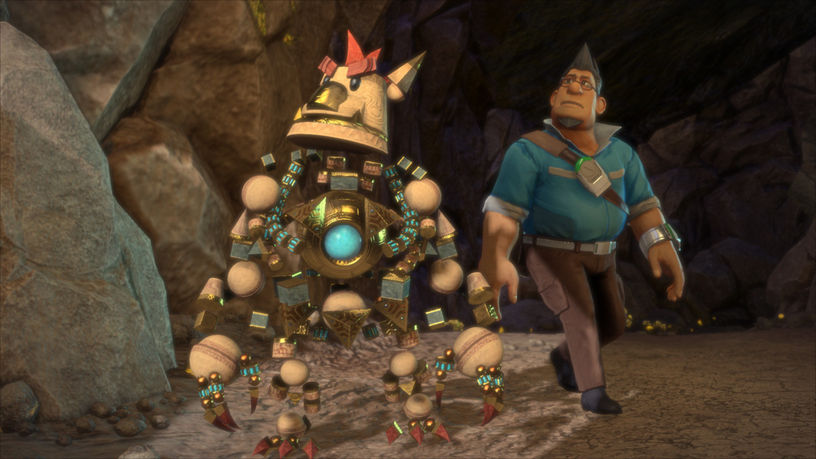


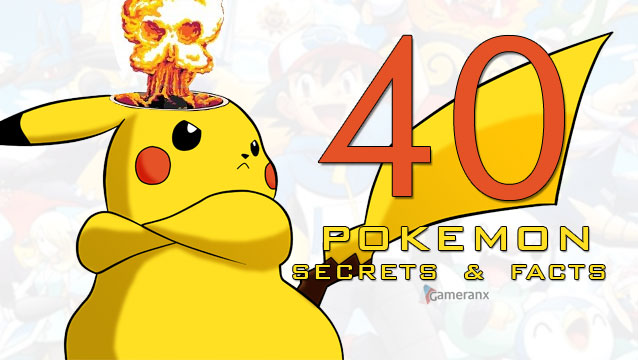
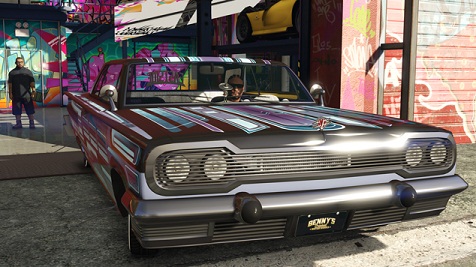 Lowrider Car Tuning tips: GTA Online - Bennys Motorworks
Lowrider Car Tuning tips: GTA Online - Bennys Motorworks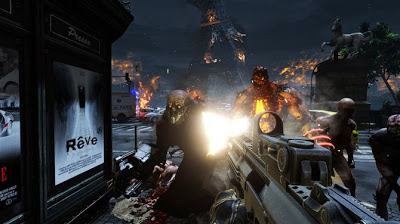 Killing Floor 2 (PC) Monster Guide
Killing Floor 2 (PC) Monster Guide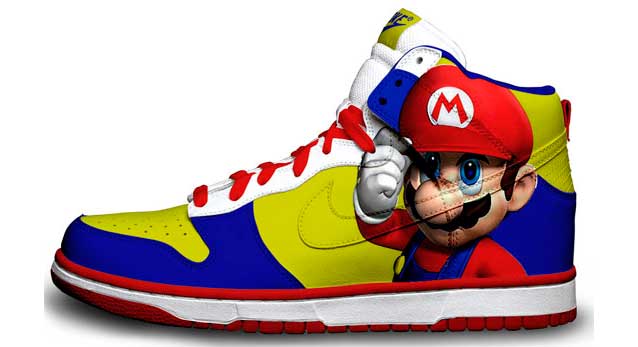 Video Game inspired Nike Sneakers
Video Game inspired Nike Sneakers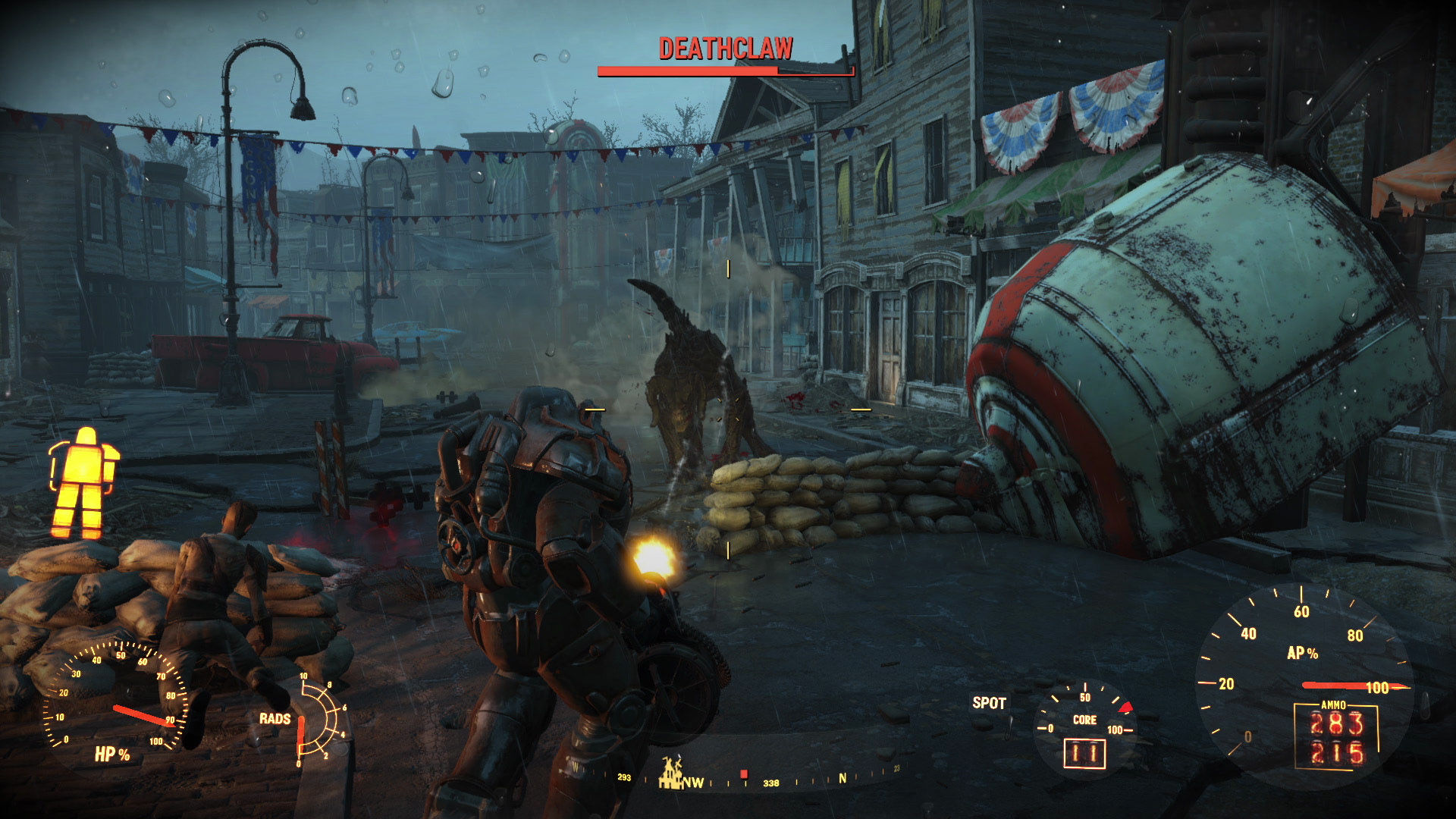 Fallout 4: How to easily defeat Power Armor wearing enemies
Fallout 4: How to easily defeat Power Armor wearing enemies Final Fantasy XIII-2 Walkthrough: Fragment & Artefact Locations
Final Fantasy XIII-2 Walkthrough: Fragment & Artefact Locations